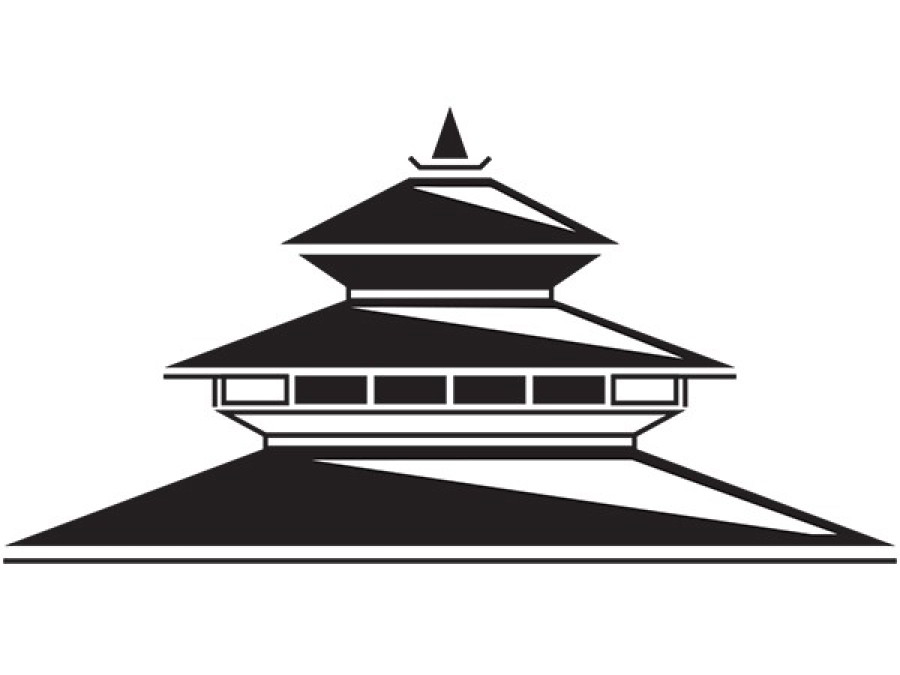Editorial
An offer he couldn’t refuse
Democracy and freedom of speech thrives in the pursuit of truth that those with economic and political power do not want told. Using satire and making music have long been used as instruments of political communication.
Last week, a satirical song directed at corruption, malpractices and social anomalies caught the attention of the government. But the song did not go down well with it. The satirical song ‘Lootna Sake Loot Kanchha’ by Pashupati Sharma includes a chorus that roughly translates as “If you can rob, you should rob; you can’t do it anywhere else in the world, but you’re free to rob in Nepal.” Within a few hours after the song’s release on YouTube, it was already trending at the number 10 position. But following a statement from the Youth Federation of Nepal, the youth wing of the ruling Nepali Communist Party, Sharma had to pull his song from the popular music and video streaming site less than 48 hours after its release in a blatant act of self-censorship. The statement issued by the Youth Federation said that they would be ‘forced to take strong action that could be detrimental to his musical career’ should Sharma fail to make amends for erring ‘knowingly or unknowingly’.
Democracy and freedom of speech thrives in the pursuit of truth that those with economic and political power do not want told. Using satire and making music have long been used as instruments of political communication. During Panchayat, Ralfa’s songs about the oppressed, the common people breathed fire against the autocratic system. In the US, during the Vietnam War, anti-war songwriters and musicians ‘gave voices to a generation’. Every year, we observe Gai Jatra or the cow festival—to mock the finality of death and direct political satire at the status quo. Voicing dissent varies greatly in expression; it is very subjective. But the state has no right to muzzle this voice and intimidate anyone into self-censorship. For self-censorship puts a complete end to the conversation. And without the benefit of public discussion, we will have no choice over our future. That is for sure.
As the communist government came to power, it directed most of its attention to muzzling dissent and silencing protesting voices. The public already had a clue that something pernicious was at work. But with each passing day, it is becoming abundantly clear that the government is more interested in ruling than governing. They subscribe more to the notion of ‘power over’ rather than ‘power with’. By internalising such a parochial notion of exercising their authority, the communist government has fallen into disgrace. Their rhetoric was revolutionary, but now they seem to have been brought down by their own deed.
Music helps people realise they are not alone in feeling a spirit of dissent against certain injustices and malpractices. The fact that there was a groundswell of support for the music video even though Sharma took it down from the video-sharing website is testament to this. If the Nepal Communist Party’s intentions were to cut the conversation around Sharma’s art short, they have clearly failed. If anything, the enabling environment they created for his self-censorship has only ballooned into further public scrutiny.




 9.89°C Kathmandu
9.89°C Kathmandu














